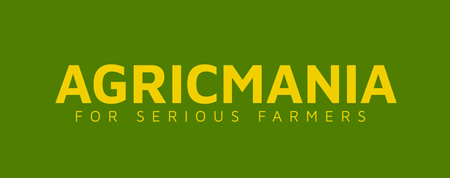The use of drone technology for irrigation purposes which saves water by 90 percent
implemented by the Farmbuzz Agriculture Solution for the first time in Zimbabwe is
proving an effective and smarter approach to sustainable agriculture, amid drought and
climate change.
With the depletion of dams and underground water in the next twenty years the
environment would’ve changed or worsened in Zimbabwe due to climate change, and
this has led local farmers to try out new technologies such as drip irrigation to save
water, said Emmanuel Marume, the Farmbuzz director.
“Currently we are using drones to spray chemicals such as pesticides, fungicides, and
herbicides. It is very efficient compared to the use of boom sprays and knapsack
sprayers as it has a higher degree of precision,” he explained.
Marume indicated that the drone irrigation technology works by mounting a 15–20-liter
container mounted to a chassis of the drone with screws.
“It works by mapping and in-putting a GPS route over an area. Then the drones are
filled with the desired liquid up to 20 liters depending on the model, then like any other
drone you connect your device or tablet to the controller and enable it to fly,” he said.
“It can also spray crops under any height and is not affected by terrain. So far at
Farmbuzz Agriculture solutions we are charging $16 per hectare. It is a cheap and
feasible technological solution to most farmers on a smaller commercial scale that are
aiming to decrease costs during the times of the Covid-19 pandemic,” Marume added.
Drone technology is widely used throughout Africa in countries such as Malawi and it is
big in Asia-China, according to Marume.
“So far in our Zimbabwean farmers we have been accepted by commercial farmers and
other small holder farmers for drones’ services. Last year we started drone spraying and
covered over 150 hectares of different crops in the country.”
Nathan Mazvazva, a Gweru based commercial farmer also in drone technology use,
acknowledged the efficiency of using drones for irrigation purposes in Zimbabwe.
“Our annual costs on traditional irrigation amount to $40,000 United States dollars as
we would normally use 100,000 liters to irrigate 1 acre of land. With drone irrigation we
have cut down our cost by 40% to $24,000″, he said.
But the large drone costs $5000 including batteries and parts, a cost way beyond many
farmers' reaches, according to Mazvaza.
“Irrigation drones are supplied by a local company called Idris and can carry 15-20 liters
of water and cover 5 hectares of land. It costs $4000 for the DJO msj irrigation drone. It
is being promoted by business IRIS Dynamis. We specialize in renewable energy,
technological solutions, and infrastructure,” he said.



